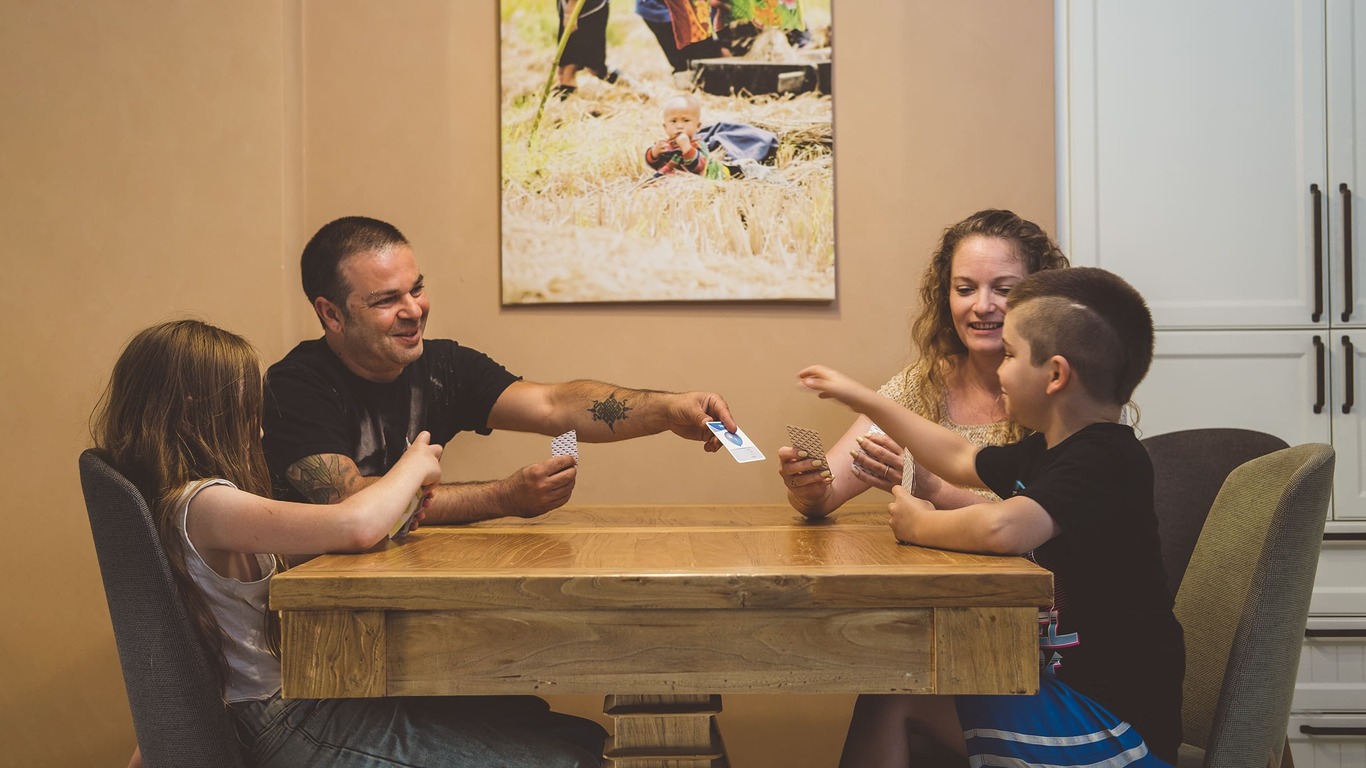They say that with the birth of a child, a new emotion of guilt is also born. Feelings of guilt can accompany parents throughout the time they raise children. We sometimes experience it at low intensity while at other times, we feel them more than usual, such as during life changes like the birth of a sibling or returning to work after maternity leave, when facing financial and family difficulties or when we are tired or powerless to deal with challenging situations the way we would like.
The perception that says that a good parent is a perfect parent contributes to this feeling of guilt. Who does not want to do everything? To keep a house that is neat and clean, to make sure that the children are well dressed and cared for, and to demonstrate infinite patience when with the children and when playing with them? Because of the image in our heads of a perfect father or a perfect mother, every failure to live up to this image triggers self-criticism, which then generates stress and harms mental well-being and sense of parental competence. This type of criticism harms the ability to learn, diminishes happiness and ultimately distances us from the goals that are important to us as parents.
Switching images: a good enough parent
A good parent is not a perfect parent. A good enough parent is a parent who adapts himself or herself to their children in terms of availability, sensitivity, response, efficacy, warmth and enjoyment. It does not always work... a good parent can make mistakes but can also correct them. A good parent allows his or her children to experience frustration and understands that only by coping with frustration will their children grow and develop. How will children learn to crawl if everything they want is immediately given to them? How will children learn to cope with frustration? Parents who make mistakes and correct them, who cope with frustration, crying or negative emotions provide their children with the experience of learning and growing. Parents who also take themselves into account and understand that their children need them fully energized and with a joy of life - give their children a good enough parent.
Coping with guilt: less judgment, more compassion
It is important to notice any rising sense of guilt, what we tell ourselves during these moments. Ask yourselves: is the sense of guilt teaching us about something that we want, and is another possible way? If the answer is yes, then it is possible to change. If not, try to adopt a softer, less judgmental and more compassionate approach towards ourselves.
What would we say to others in our situation, who are blaming themselves? Try to say this to yourself as well - "I know it is important to you that the house is clean and neat, but today it was really beyond your ability", or "I know you want to be a fun and patient father, but today you simply did not have the time and the conditions for that". It is not easy, but if we manage to listen to the feelings of guilt in a friendly and non-judgmental way, it will help us make decisions that will ultimately help reduce the difficult emotions and help both us and our children be happier.

















